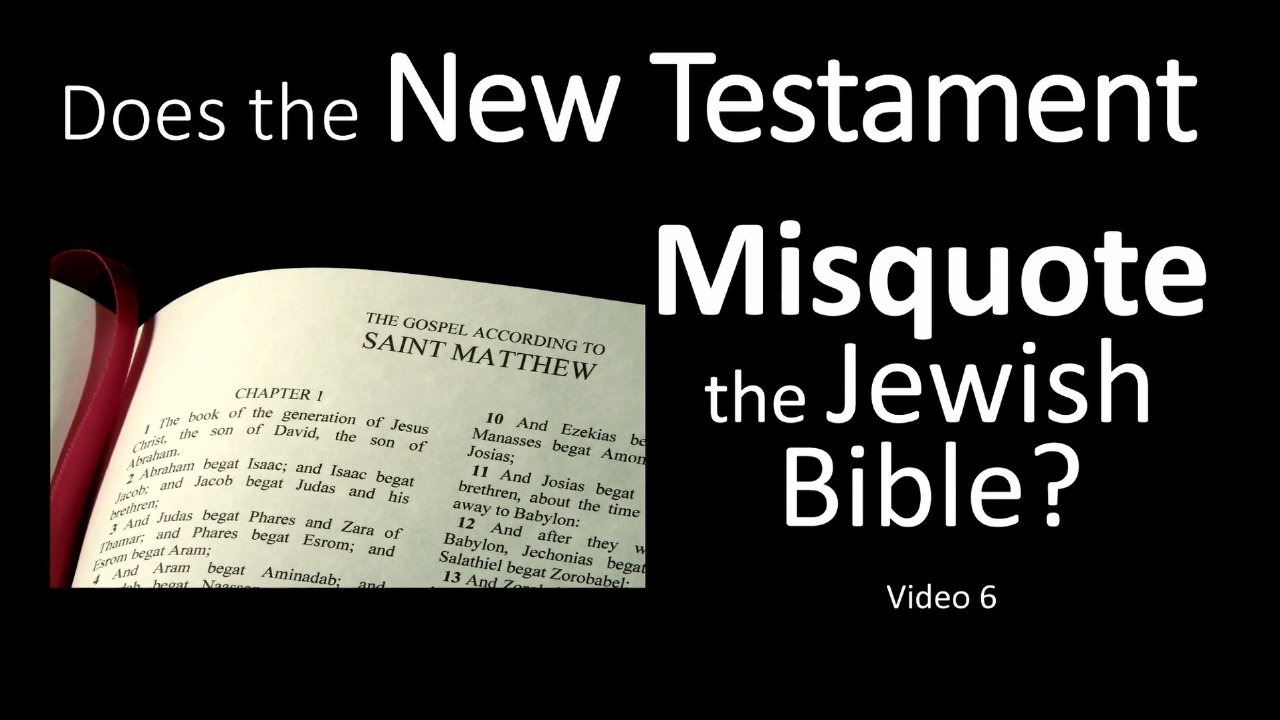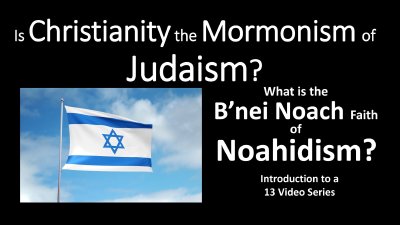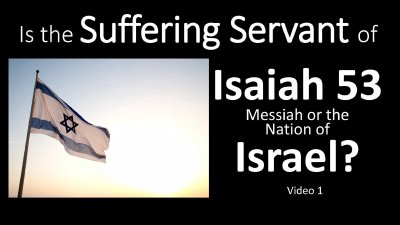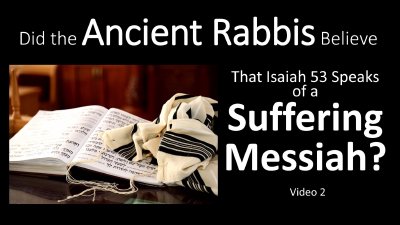Does Matthew misquote Isaiah 7:14; 9:1-2; 11:1; Hosea 11:1 and Jeremiah 31:15 to provide false prophetic support for Jesus being the Messiah? What is Midrash? Do the prophecies cited in the New Testament have a Dual Fulfillment in both the Old and the New Testament?
Throughout the New Testament, and particularly in Matthew's gospel, multiple prophecies from the Hebrew Old Testament (Jewish Bible) are cited to provide support for the life and ministry of Yeshua Jesus. While many of these prophecies were already partially fulfilled during the events of the Old Testament, Matthew and other New Testament writers saw aspects within these historical events that had their ultimate fulfillment within the life of the Messiah Yeshua Jesus. Scholars refer to these prophecies as "dual fulfillment" prophecies or "typologies" in which a prophecy or an event within the Old Testament provides a "type" or pattern to picture an event in the New Testament. In this case, New Testament writers and early Christians practiced what scholars today call "Midrashing" the text.
In this video we examine several examples of Matthew's citations and other New Testament midrash of the Old Testament and compare these examples to Jewish Talmudic writings which engaged in the same type of exegetical analysis of the Jewish Bible. In this way, we counter the claims of Jewish rabbis who assert that the New Testament writers misquoted or misapplied these Old Testament passages.

06 Does the New Testament Misquote the Jewish Bible?
Examining Matthew's Midrashic and Dual Fulfillment Prophecies
Christina R Darlington

